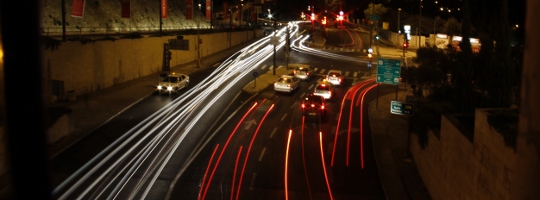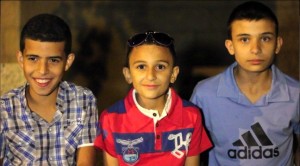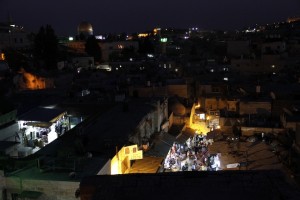Baptismal Site at the River Jordan
This short, promotional film showcases construction of the sanctuary of the Evangelical Lutheran Church in Jordan & the Holy Land (ELCJHL) at the Baptismal Site at the River Jordan, just one hour west of Amman.
According to UNESCO World Heritage “… the Jordanian Department of Antiquities has systematically surveyed and partially’ excavated a series of ancient sites that collectively represent one of the most important archaeological discoveries in modem Jordan — the settlement and region of Bethany (or Beth abra), where John the Baptist lived and baptized. The Bethany area sites formed part of the early Christian pilgrimage route between Jerusalem, the Jordan River, and Mt. Nebo.”
Shot on-site in four and a half hours with roughly twenty six hours in editing, this showcases the potential of a run-n-gun production assembled on a moment’s notice.






